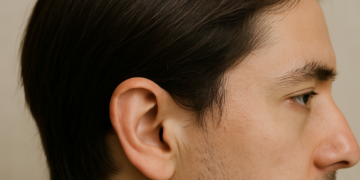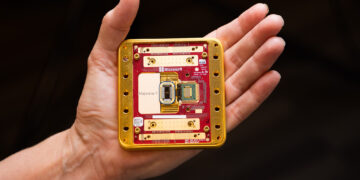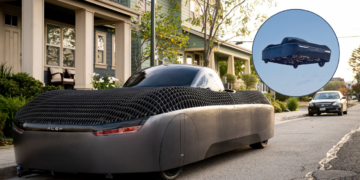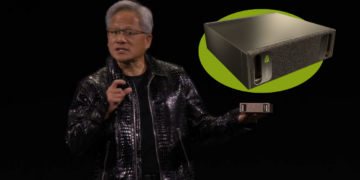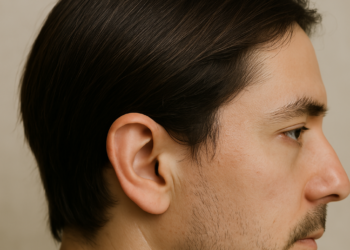The analysis carried out on a human fossil of a tooth about 160,000 years ago in the laboratory of the University of New York is the queen proof of the cross between the archaic man and his evolution in Asia.
Published in the American magazine Eureka Alert, the photo shows how the archaic man met Homo sapiens in Asia about 160,000 years ago.
The discovery
The study is based on a photograph of a molar of less than three roots found in China that bears witness to a characteristic trait of that evolutionary expression of man. The analysis of this fossil dates its age back to a period prior to Homo sapiens. In fact, the first conclusions lead us to affirm that it belongs to the Densiovans, that is to a sister group of the Neanderthal Man. Previous studies indicate how this evolutionary stage populated the plateau of Tibet before the arrival of Homo sapiens.
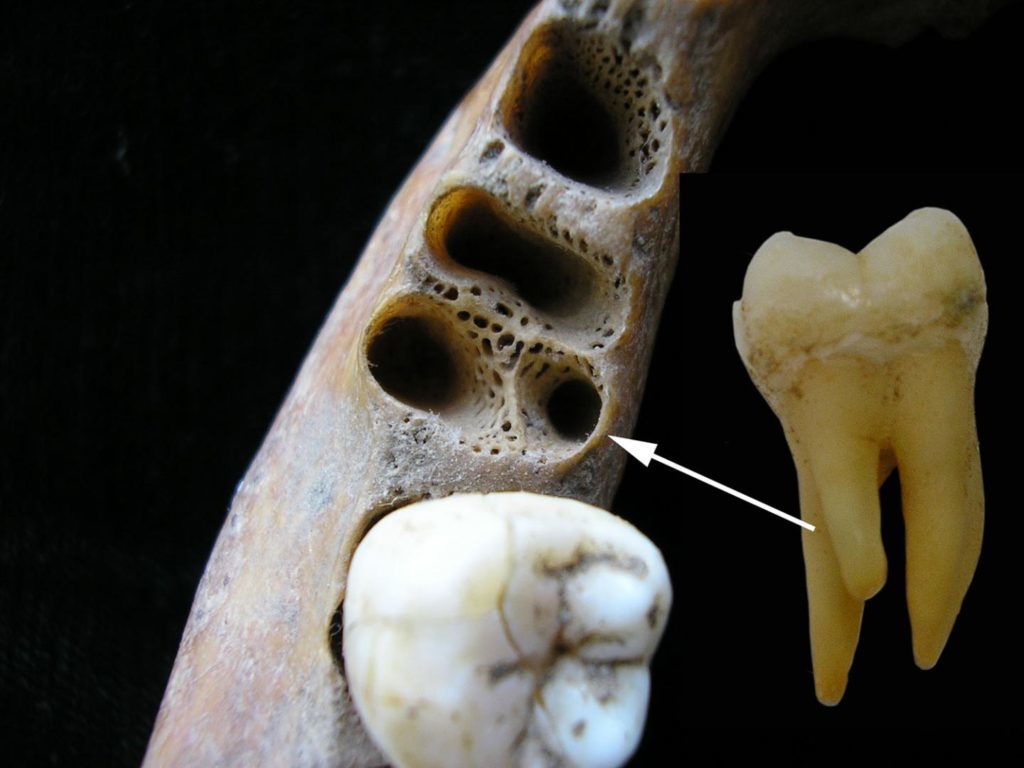
The study by the NYu anthropologist Susan Anton and Jean-Jacques Hublin, director of the Department of Human Evolution at the Max Plack Institute for Evolutionary Anthropology, focused on the molar.
The statement
Those who have supported this thesis before have never been able to bring validity to their thesis through a scientific link. “However, the lower molar tract of three roots is unique for Asian groups. Its presence in an archaic human of 160,000 years in Asia strongly suggests that the tract was transferred to H. sapiens in the region through crossing with archaic humans in Asia”.
Discover the other recent discoveries that we have reported in the “Archaeology” section on our site.


